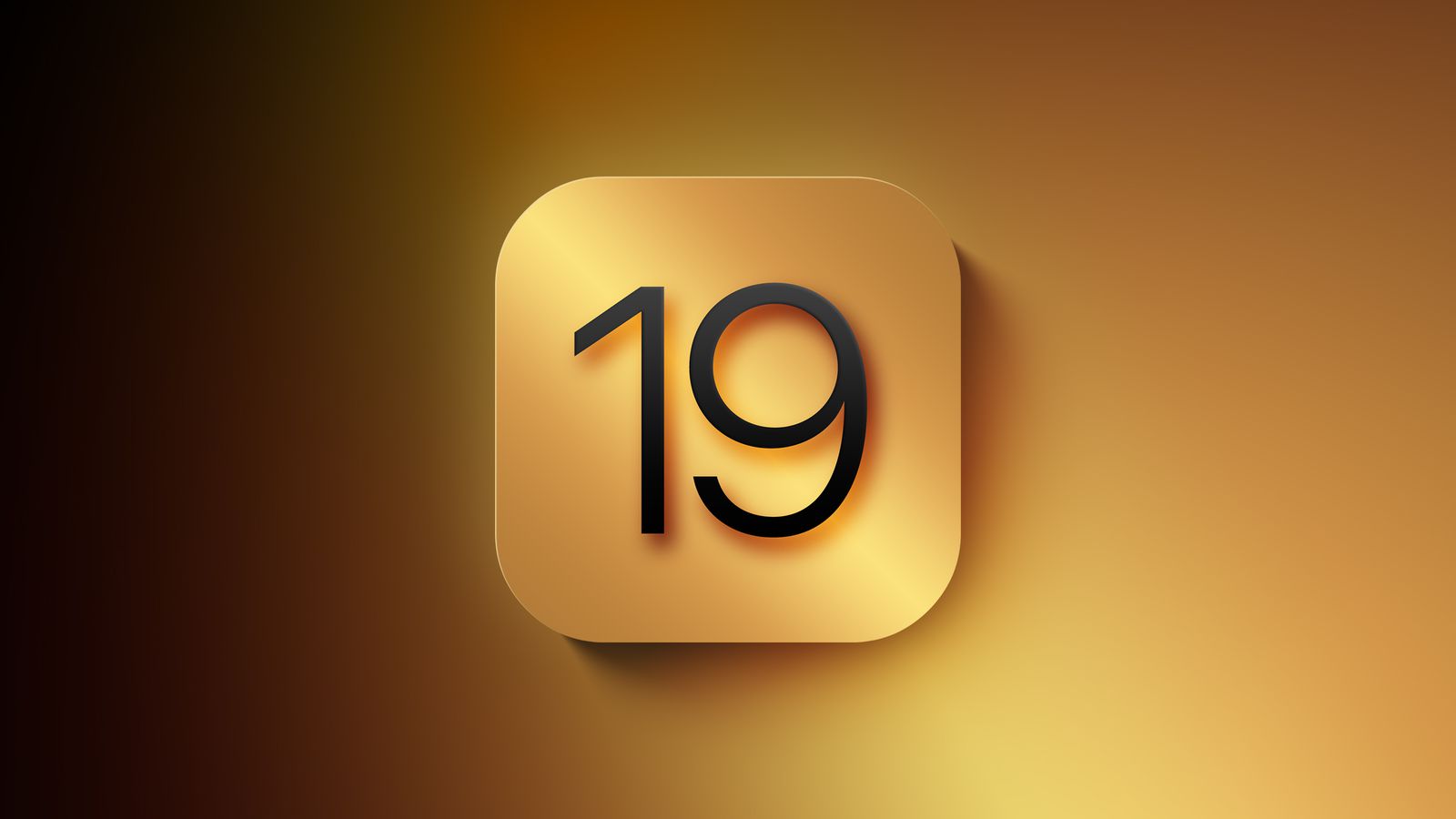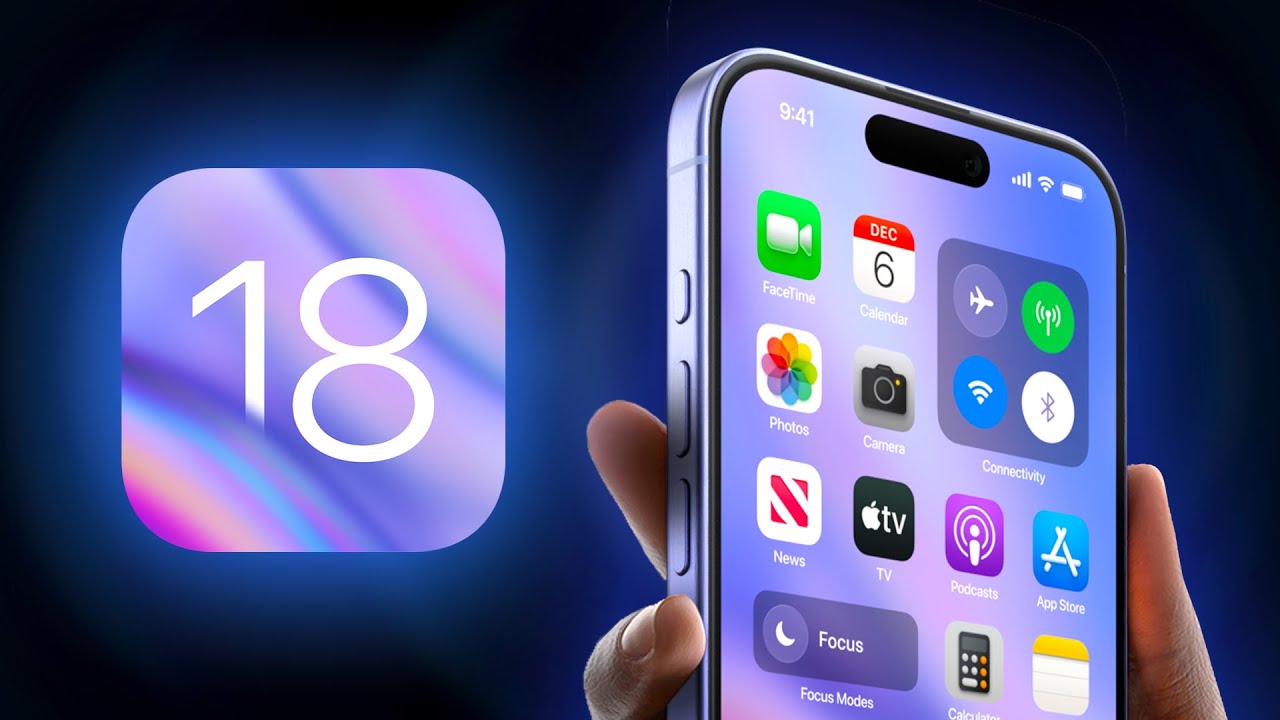The digital world once envisioned as a borderless expanse of information and freedom, is increasingly becoming fragmented by national regulations. Following a similar move in China years ago, Apple has begun removing Virtual Private Network (VPN) applications from its App Store in India, signaling a significant shift in the availability of online privacy tools in the country. This action comes in response to a controversial Indian law that mandates stringent data retention policies for VPN providers.
This isn’t the first time Apple has faced such a dilemma. Back in 2017, the company was compelled by the Chinese government to remove hundreds of VPN apps from its Chinese App Store. At the time, Apple CEO Tim Cook explained that the company had to comply with local laws, despite its preference to keep the apps available. He expressed hope that the restrictions would eventually be loosened, but years later, those restrictions remain firmly in place. This precedent casts a long shadow over the current situation in India.
The Indian government introduced the contentious law in 2022, effectively prohibiting anonymous VPN usage and requiring providers to maintain detailed logs of user activity. These logs must include sensitive information such as users’ names, addresses, IP addresses, and transaction histories, and be retained for a period of five years. Initially, the implementation of this law faced delays due to widespread objections. While it was eventually introduced, enforcement remained lax for a period. However, that period of grace has ended.
Recent reports confirm that Apple has started removing VPN apps from the Indian App Store to comply with the now-enforced regulations. This action follows similar removals from the Google Play Store, indicating a coordinated effort by Indian authorities to enforce the new rules.
It appears that the government is taking a targeted approach, identifying and ordering the removal of non-compliant apps individually. This suggests that the process will be protracted, potentially leading to a significant reduction in the number of VPN apps available to Indian users, mirroring the situation in China.
Among the removed apps are several prominent VPN services, including Cloudflare’s popular 1.1.1.1 service. The removals were triggered by orders issued by the Indian Ministry of Home Affairs, as evidenced by official documents and disclosures made by Google to Lumen, a Harvard University database that tracks government takedown requests globally.
This situation puts reputable VPN providers in a difficult position. Complying with the Indian law would require them to compromise their core principles of user privacy and anonymity. Maintaining detailed logs of user activity goes against the very purpose of a VPN, which is to provide secure and private online access. Consequently, most reputable VPN providers are unlikely to comply with these demands, choosing instead to withdraw their services from the Indian market.
For Apple, this situation presents a complex challenge. The company has consistently emphasized its commitment to user privacy. However, it also has a legal obligation to comply with the laws of the countries in which it operates. This creates a clear conflict of interest, forcing Apple to choose between its stated values and its business interests.
While Apple could theoretically take a stand and withdraw from the Indian market altogether, such a move is highly improbable. India has become a crucial market for Apple, serving as its second-largest production center and a rapidly growing consumer base. Moreover, the precedent set in China, a far more critical manufacturing hub for Apple, suggests that the company is unlikely to prioritize principle over market access.
The removal of VPN apps from the Indian App Store represents more than just a reduction in available software. It symbolizes a growing trend of governments seeking greater control over online activity, often at the expense of individual privacy. This trend raises serious concerns about the future of internet freedom and the ability of individuals to protect themselves from online surveillance.
The situation in India serves as a stark reminder that the fight for online privacy is an ongoing battle, one that requires constant vigilance and advocacy. The digital landscape is changing, and the implications for users in India, and potentially other countries, are significant.
Source






